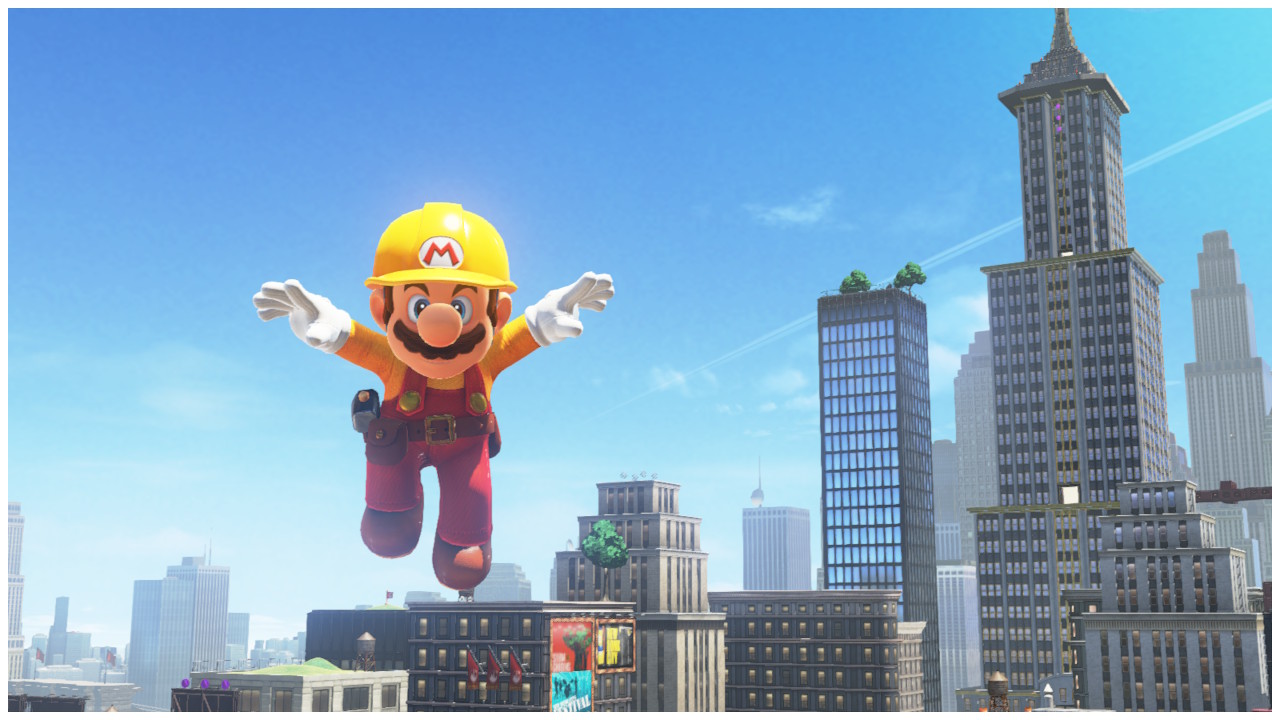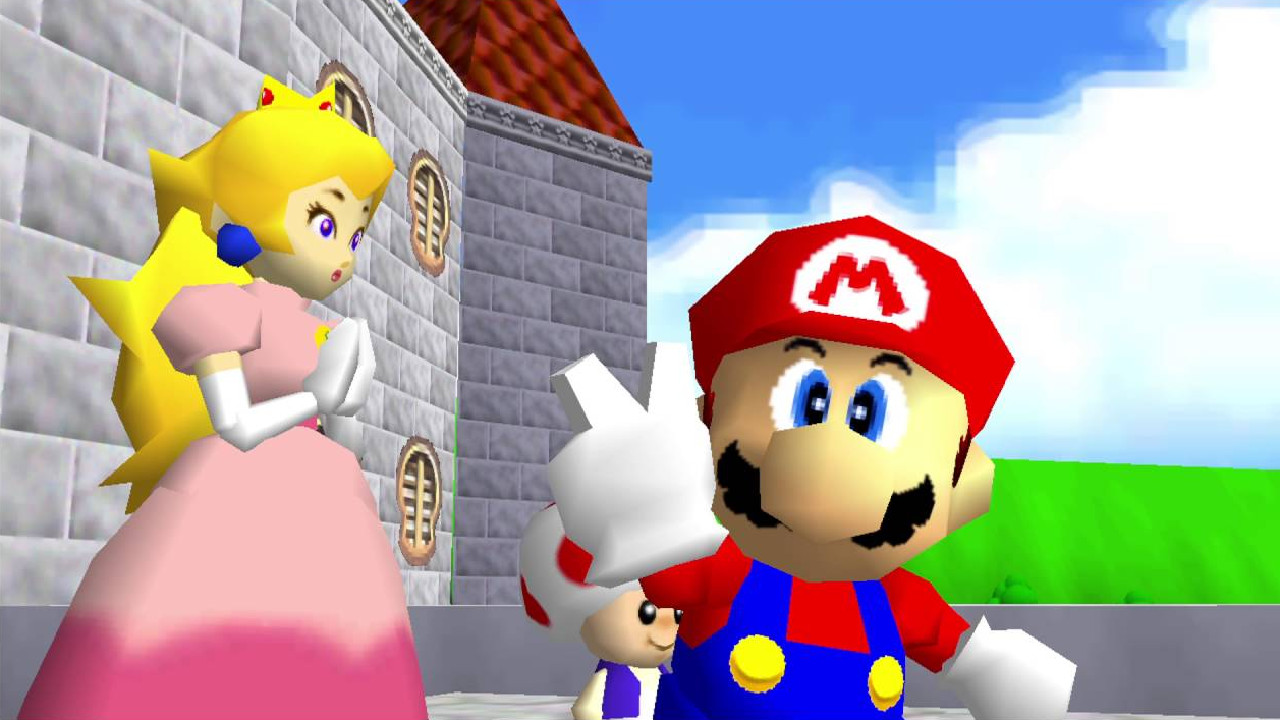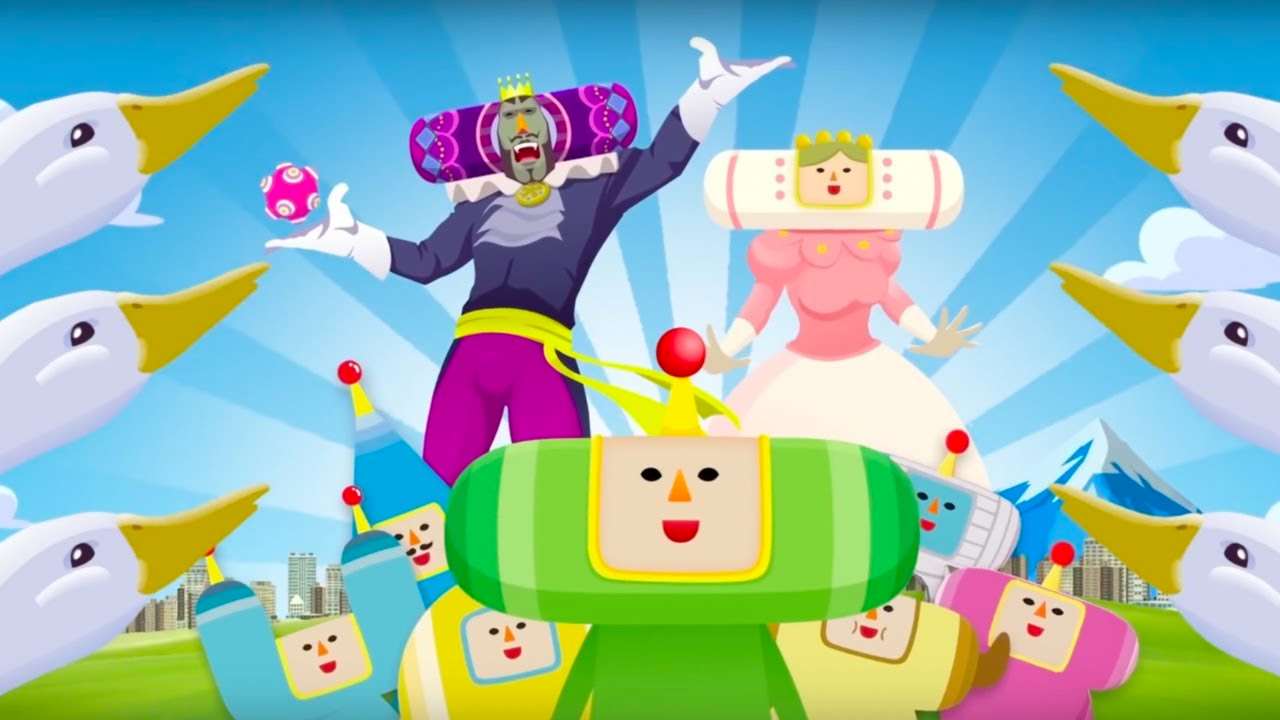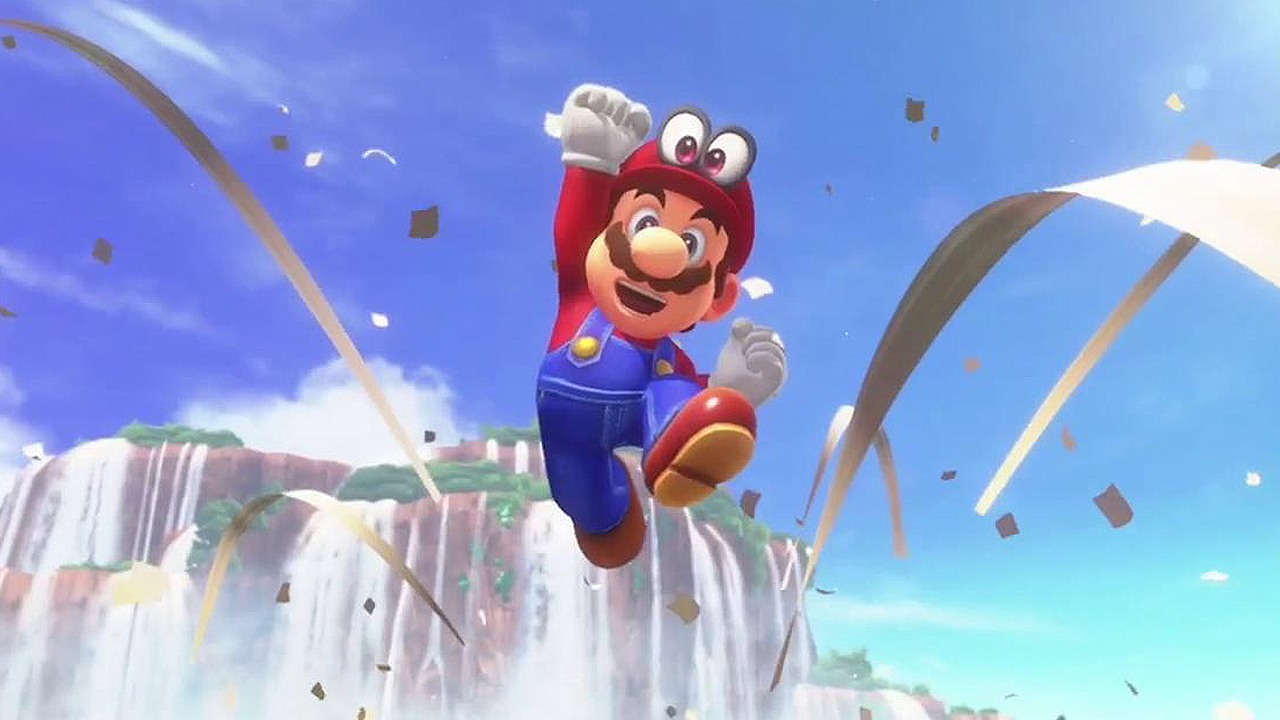Diary of an OCD gamer: Where mental illness and games meet
Do videogames help OCD sufferers? Do they hinder? It’s more complicated than that

Every two weeks I get the tube into central London, walk through the streets of Bloomsbury, past the medical institutions and academic facilities that line the route, until I arrive at a laminated sign that says, ‘support group’. I go down the stairs, through the swing doors, until I arrive in a small, square room with chairs arranged in a circle. Here I – and far too many other people to be in a room this warm and this unventilated – will unburden themselves of mental torments so heavy, so unwanted, illogical, and intrusive it’s a wonder necks haven’t snapped from the weight of carrying them all around.
We share our stories. Our history with the illness. Updates on how we’ve been. What events of the last 14 days we might classify as victories. What we’re most struggling with. The illness takes many forms. Some people suffer with fears of contamination. Some with ‘magical thinking’, the idea that our ideas and thoughts can influence the physical world. I will normally share my principal obsession, which concerns ruminations – and subsequently paralysing fears - about my life to date. I, like some others here, are principally obsessed with the notion of being a good person. Any flaw in our personality is raked over and held up for analysis. Any mistake – real or perceived - we might have made in our lives is proof we aren’t good people. I, and others like me, obsess over the minutiae of human interaction. What that raised eyebrow meant. The change in intonation. Why that person blinked when I asked that question. What are they not telling me?
There is no respite. There is no end to it. This is Obsessive Compulsive Disorder.
Press button to continue

Actually, that’s not strictly true. I do have a channel for respite. Twenty-years ago, when I was irrationally obsessed I had caught AIDS, subsequently taking six blood tests in a 12-month period – because what if they’d lost my blood? What if the label on the vial got smudged and I was receiving someone else’s results? What if I was the 00.03%? – Super Mario 64 was the only time I felt cognitively neutered. That eel – Maw-Ray to mum – was pretty scary, right? Well, it had nothing on what I was thinking when I wasn’t playing.
"Someone I used to live with once caught me throwing a Molotov cocktail at a policeman in Grand Theft Auto. The look of horror on their face became a daily obsession for years."
A few years later, when I started to think that my boss could hear my thoughts (which, it turns out, was a mere aperitif to obsessing my boss was plotting to murder me), it was Resident Evil 4 that tempered the neurons firing in my mind. A few years after that, when, one morning, out of the blue, I started to obsess that people thought I might be a paedophile – an experience just as distressing as you might imagine – the one time I could escape such an omnipresent, repetitive, terrifying thought was escaping beneath the waves to BioShock. Not that I ever harvested a Little Sister. What if someone saw me? Someone I used to live with once caught me throwing a Molotov cocktail at a policeman in Grand Theft Auto. The look of horror on their face became a daily obsession for years.
In the present day, my wife will tell me that playing games is the only time she thinks my mind is untroubled. I think she’s probably onto something there. When I’m playing games I’m not reaching for my phone like I am when I’m watching TV. When I’m playing I’m not on my laptop like I am when I’m listening to music. I’m not Googling symptoms of an illness I think I might have contracted. I’m not firing off random emails to people I knew in days gone, checking “we okay?” or “about that time I set a virtual policeman on fire in GTA…” I am absorbed. And yet, increasingly I find that OCD is starting to creep into the one place I’ve traditionally been free of it.
The Doubting Disease

Ask anyone with OCD; the disease is sneaky. It morphs. Evolves. Shapeshifts. A huge problem OCD sufferers face is trying to distinguish what is the illness and what isn’t. Last week I was playing Katamari Damacy, a game I’ve loved on every platform it’s ever existed on. I’m rolling my katamari. It’s pretty big. It’s picking up giant octopuses and airplanes. Then I start to worry about the items I’m going to have to leave behind once the time allocated runs out. Is that a commitment to conquering the game? Or is that OCD? I start to think that if I don’t hit the score asked of me by the game’s tyrannical king then my real-world friends won’t like me anymore. I’m experienced enough now to let a thought that batshit pass through; acknowledge it, then let it leave, as the mantra goes. But I’m almost certainly encroaching on OCD territory here.
Sign up to the GamesRadar+ Newsletter
Weekly digests, tales from the communities you love, and more

The more I think about it, OCD has been trying to wiggle within my game time for years. I’m the world’s worst Tetris player, the messy aesthetics of playing to win don’t align with my needing the tiles to sit neatly. I’ve never really experienced Sonic as it’s supposed to be played; what if I miss a ring in my haste to complete the course and something terrible happens? I used to find Sim City – and the too fleeting order I applied to my city’s paths and roads – deeply distressing. Oh, and while I adore sandbox games – Fallout 3 was a game that greatly pacified me during the great ‘people can hear my thoughts’ meltdown of 2008 – anything that strays from the linear is capable of causing me problems. What if I go the wrong way and miss something important? What if I don’t find the item I need in all this expanse? What if; the enemy of OCD.
Back at group. It’s my turn to talk. “How’s your week been, James?”
“Well, I can’t stop thinking about the Power Moon I can’t find on Super Mario Odyssey and I think everyone I’ve ever loved is in danger until I get it…”
There is no respite. There is no end to it. This is Obsessive Compulsive Disorder.


